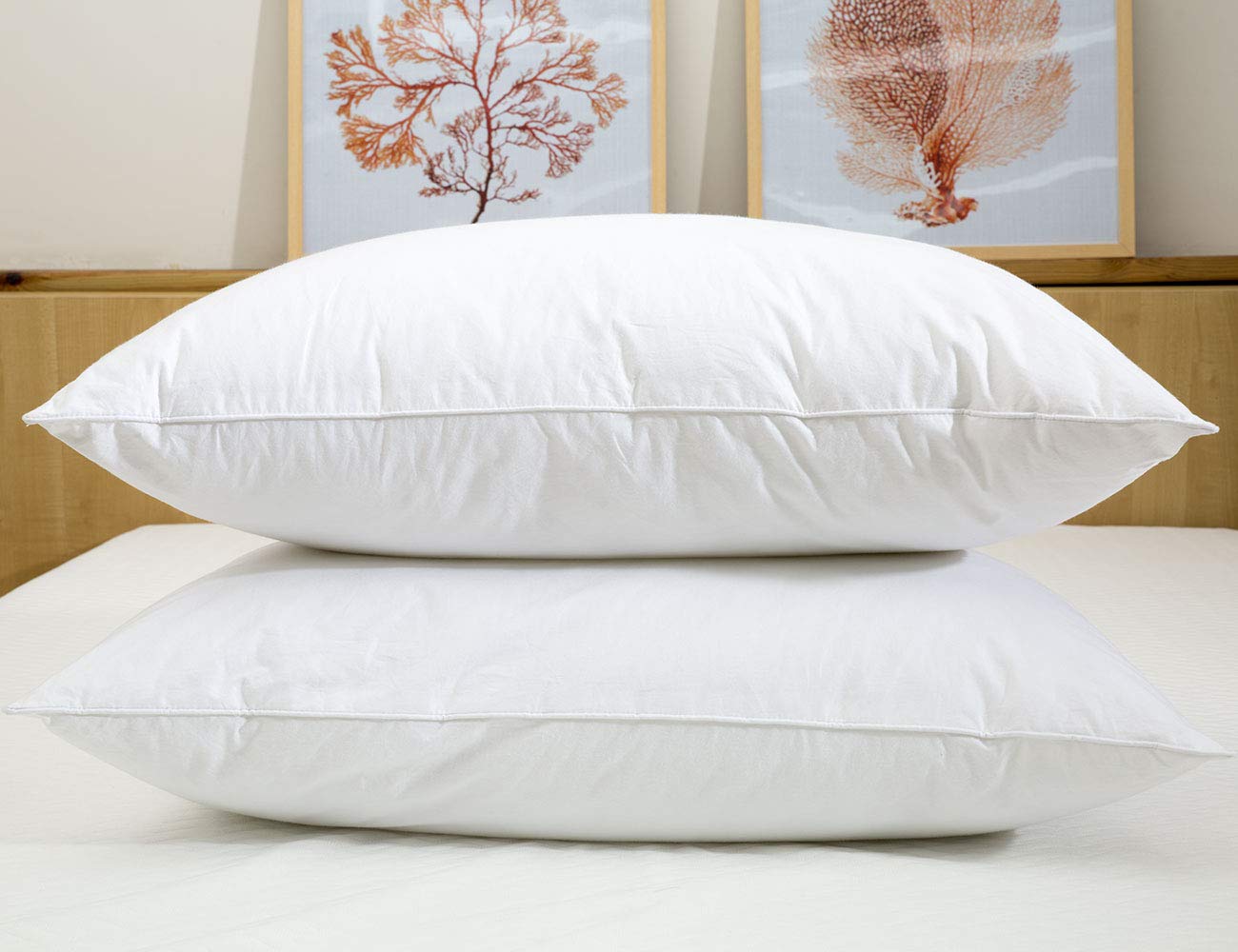Department of news
How do you Manufacture Pillows?

Have you ever wondered about the intricate process involved in manufacturing pillows? From sourcing the raw materials to the final packaging and transportation, each step plays a crucial role in creating high-quality pillows. In this article, we will take a comprehensive look at the manufacturing process, including material procurement, fabric cutting, sewing, filling, finishing, quality inspection, packaging, and transportation. Join us as we delve into the detailed journey of how pillows are manufactured.
1. Material Procurement
The first step in pillow manufacturing is the procurement of raw materials. This involves sourcing high-quality fabrics, such as cotton, polyester, or a blend of materials, to create the pillow cover. Additionally, the filling materials, such as down feathers, memory foam, or synthetic fibers, are also procured during this stage.
2. Fabric Cutting
Once the materials are sourced, the next step is fabric cutting. The pillow cover fabrics are measured and cut into appropriate sizes based on the desired pillow dimensions. Precision and accuracy are crucial during this stage to ensure consistent pillow sizes.
3. Sewing
After the fabric cutting, skilled sewers take over to stitch the pillow covers. Using specialized sewing machines, they carefully sew the fabric pieces together, leaving a small opening for later filling. The stitching is done with precision to ensure durability and prevent any potential leakage.
4. Filling
Once the pillow covers are sewn, the filling process begins. Depending on the desired pillow type, the appropriate filling material is carefully inserted into the pillow covers. This can involve manually filling the pillows with down feathers or synthetic fibers, or using automated processes to fill with memory foam or other specialized materials.
5. Finishing and Quality Inspection
After the pillows are filled, they undergo a finishing process. This involves smoothing out any wrinkles, adjusting the filling for optimal comfort, and ensuring a uniform appearance. Following the finishing stage, a thorough quality inspection is conducted to check for any defects, inconsistencies, or irregularities in the pillows' construction.
6. Packaging
Once the pillows pass the quality inspection, they are ready for packaging. They are carefully folded or compressed, depending on the pillow type, and placed into suitable packaging materials. The packaging is designed to protect the pillows during transportation and storage, ensuring they reach customers in pristine condition.
7. Transportation
The final step in the manufacturing process is transportation. Packaged pillows are loaded onto trucks, containers, or other suitable transportation methods for delivery to their intended destinations. Proper handling and logistics are crucial to ensure the pillows reach their customers efficiently and securely.
Conclusion: The manufacturing process of pillows involves a series of meticulous steps, including material procurement, fabric cutting, sewing, filling, finishing, quality inspection, packaging, and transportation. Each stage requires skilled craftsmanship, attention to detail, and adherence to strict quality standards. By understanding the intricate process behind pillow manufacturing, we can truly appreciate the care and effort put into creating the comfortable pillows we enjoy.
RELATED NEWS
CATEGORIES
LATEST NEWS
CONTACT US
Contact: Lucas
Phone: 18556502281
E-mail: lucas@roletextile.com
Whatsapp:008618556502281
Add: No.8 Wenchang Industrial Park, Tongcheng, Anqing, Anhui, China